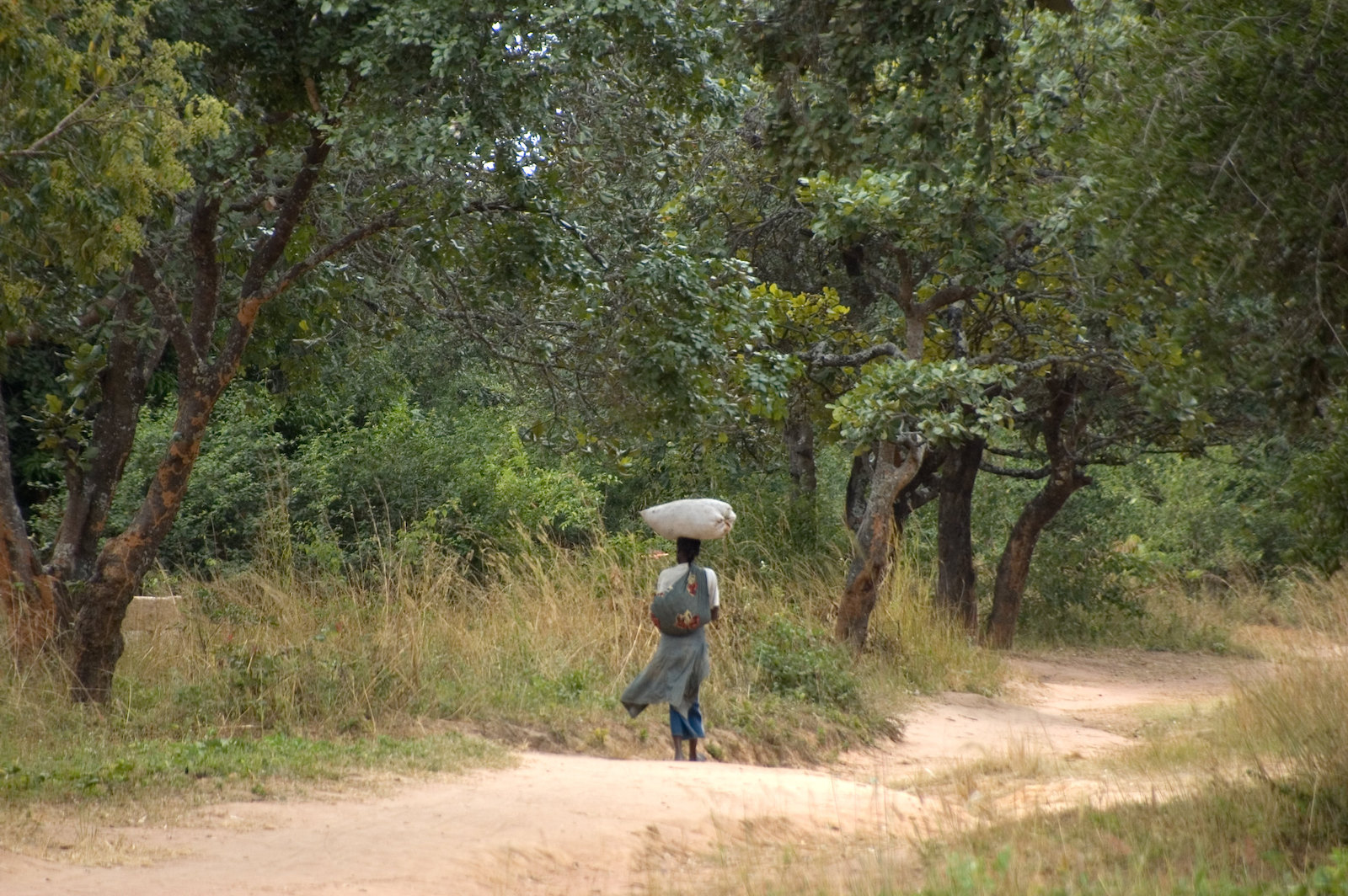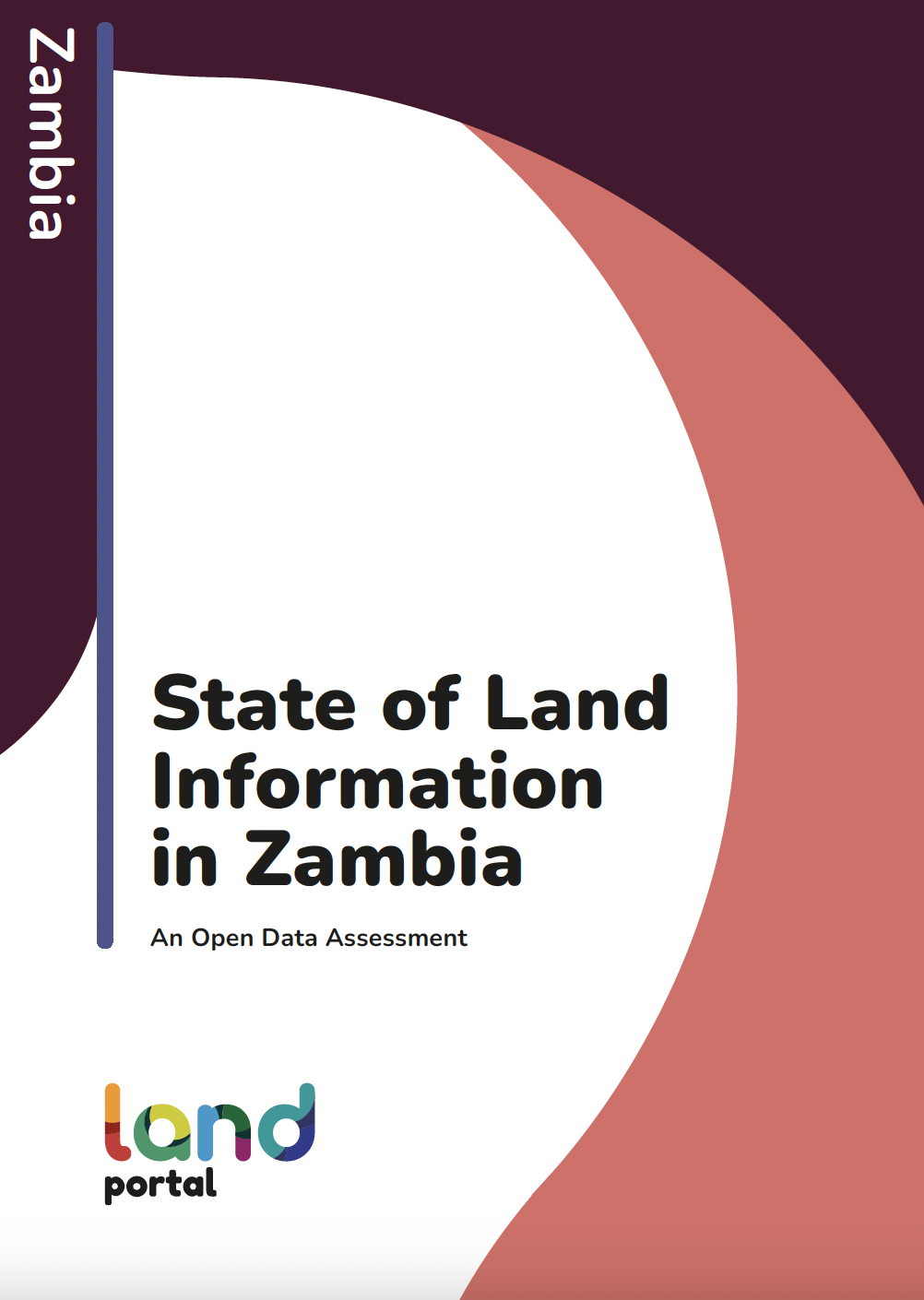

Related content:
State of Land Information in Zambia
This State of Land Information (SOLI) report is an analysis of the current state of land data in Zambia, assessing the availability of land information and the compliance of this information with open data standards.
State of Land Information in Botswana
This State of Land Information (SOLI) report is an analysis of the current state of land data in Botswana, assessing the availability of land information and the compliance of this information with open data standards.
The aim of this report is to serve as a diagnostic for the land information ecosystem in Botswana and enable targeted interventions for improved information management.
State of Land Information in Zambia
This State of Land Information (SOLI) report is an analysis of the current state of land data in Zambia, assessing the availability of land information and the compliance of this information with open data standards.
State of Land Information in Botswana
This State of Land Information (SOLI) report is an analysis of the current state of land data in Botswana, assessing the availability of land information and the compliance of this information with open data standards.
The aim of this report is to serve as a diagnostic for the land information ecosystem in Botswana and enable targeted interventions for improved information management.
State of Land Information in Botswana
This State of Land Information (SOLI) report is an analysis of the current state of land data in Botswana, assessing the availability of land information and the compliance of this information with open data standards.
The aim of this report is to serve as a diagnostic for the land information ecosystem in Botswana and enable targeted interventions for improved information management.
State of Land Information in Zambia
This State of Land Information (SOLI) report is an analysis of the current state of land data in Zambia, assessing the availability of land information and the compliance of this information with open data standards.
State of Land Information in Botswana
This State of Land Information (SOLI) report is an analysis of the current state of land data in Botswana, assessing the availability of land information and the compliance of this information with open data standards.
The aim of this report is to serve as a diagnostic for the land information ecosystem in Botswana and enable targeted interventions for improved information management.
State of Land Information in Zambia
This State of Land Information (SOLI) report is an analysis of the current state of land data in Zambia, assessing the availability of land information and the compliance of this information with open data standards.
Copyright © Source (mentioned above). All rights reserved. The Land Portal distributes materials without the copyright owner’s permission based on the “fair use” doctrine of copyright, meaning that we post news articles for non-commercial, informative purposes. If you are the owner of the article or report and would like it to be removed, please contact us at hello@landportal.info and we will remove the posting immediately.
Various news items related to land governance are posted on the Land Portal every day by the Land Portal users, from various sources, such as news organizations and other institutions and individuals, representing a diversity of positions on every topic. The copyright lies with the source of the article; the Land Portal Foundation does not have the legal right to edit or correct the article, nor does the Foundation endorse its content. To make corrections or ask for permission to republish or other authorized use of this material, please contact the copyright holder.


